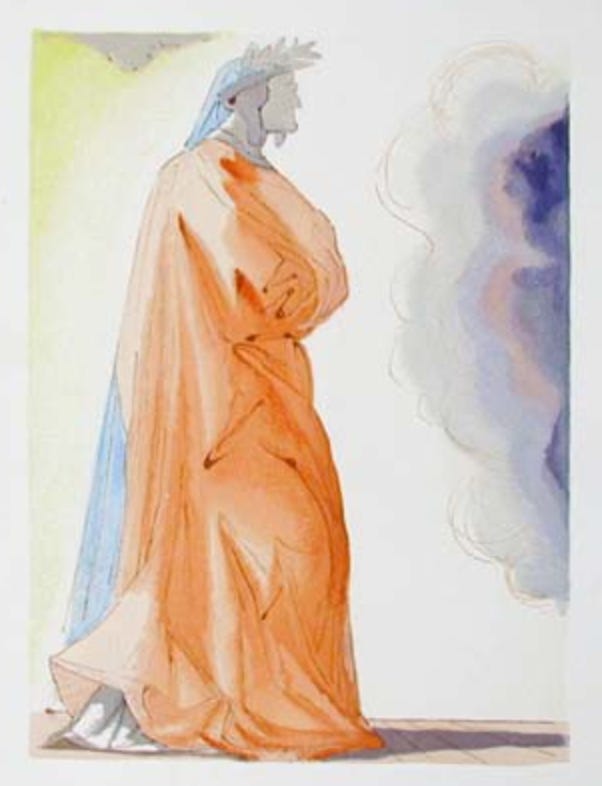Dante and Milton

For many, Dante's Divina Commedia remains more a description of the three metaphysical realms than the author-protagonist's journey understood as a phenomenological analysis of sin and redemption. It remains, in other words, a work of fantasy rather than an exploration of a personal drama. Everyone remembers the topography of Hell, the extravagance of s…
Keep reading with a 7-day free trial
Subscribe to Biblonia to keep reading this post and get 7 days of free access to the full post archives.

